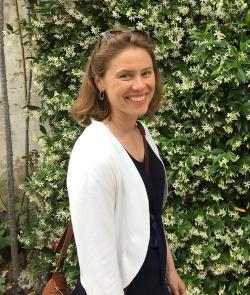
In this episode of Perspectives, we speak with Judith Kaplan, who introduces her project developing a comprehensive history of modern linguistics while simultaneously exploring the ways in which scientific disciplines are shaped and negotiated over time.